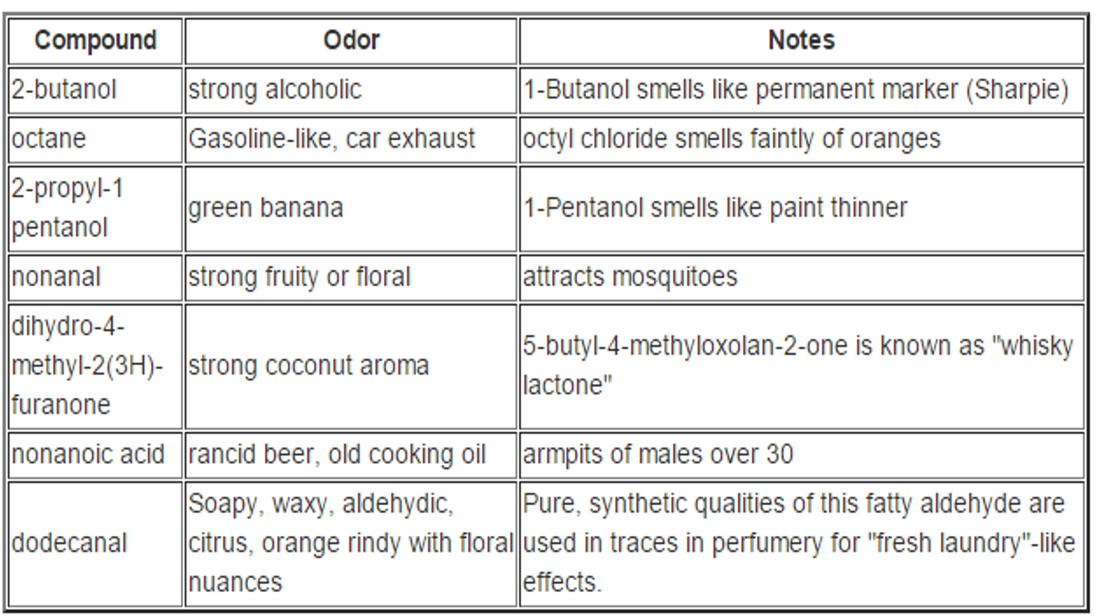
 The $10 million Qualcomm Tricorder X Prize and $2.25 million Nokia Sensing Challenges are trying to identify the best portable technologies for diagnosing disease - as easily as Dr. McCoy's tricorder of the 23rd Century could. What scientific knowledge could help us to develop it in this age? Detecting metabolites, sensing DNA, imaging the nanoworld of the human body or interaction between matter and energy?...
0 Comments
 Despite active foodstagramming and foodteresting, and eagerness to show pictures of meals and diet reports to friends on social media, we don't really want others to know everything we eat. But they might know anyway. Why worry about NSA, when Google, Facebook, Amazon and many others know what we might be eating. Cameras record our ways to groceries and restaurants, credit cards record our purchases, food chains know our weaknesses, clothes shops know how, as a result, our pant sizes change over time. One day phones will know what we ate too. As both short- and long-term diets change our breath-prints - creating signature metabolites in exhaled breath. A recent Dutch study actually looked at what gluten-free eating does to our breath. Just 4 week of dieting lead to remarkable - though reversible - differences. (As detected in 20 healthy individuals by gas chromatography coupled with mass spectrometry (TD-GC-tof-MS) in combination with chemometric analysis ). A set of twelve volatile compounds that distinguish gluten-free eaters along with information from Aurametrix knowledgebase is listed in the table below.
August 11, 2010: On cancers and petroleum spills Researchers have known for years that smell of cancer patients is chemically different from healthy individuals. One more study featured in British Journal of Cancer brings us a bit closer to an inexpensive, easy-to-use, portable device for home diagnostics.
|
Categories
All
Environment
|

 RSS Feed
RSS Feed
